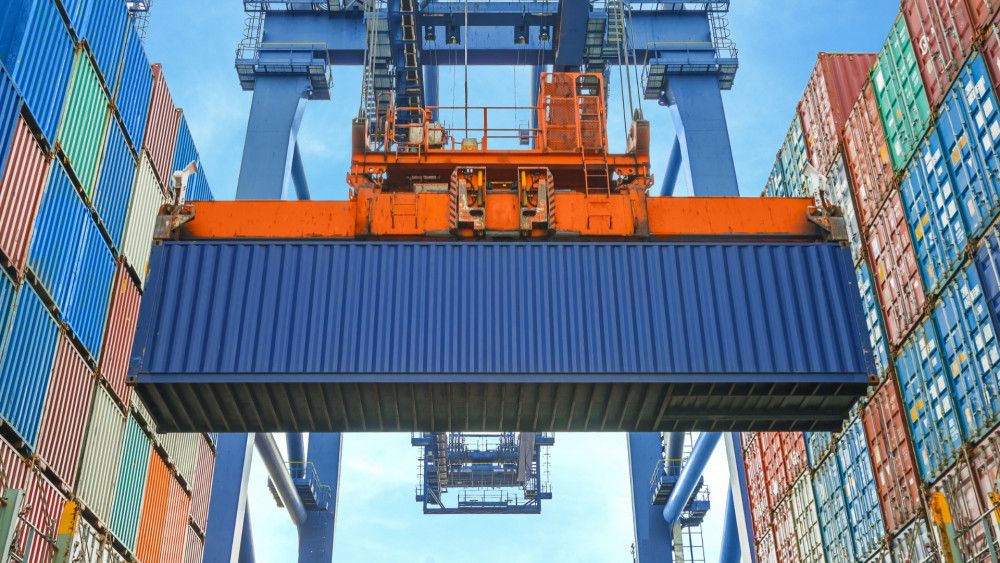Wednesday January 22, 2025
- ALL NEWS
- SMALL & MEDIUM ENTERPRISES (SME)
- INTERNATIONAL TRADE
-
REGIONS
-
NON-REGIONAL
Search

India and the UK are in the midst of intense negotiations to reach an interim trade pact that will promote trade and investment between the two countries. The deal will include early tariff or market access concessions on a number of high-priority items and services, along with a comprehensive bilateral free trade agreement (FTA) that will follow.
For this purpose, bilateral working groups, which have been constituted for a mutually beneficial pact by keeping both the parties’ interests intact, are holding meetings to lay the groundwork. Reaching an understanding on tariffs, standards, intellectual property, and data regulation are some of the areas of focus for the negotiators. India and the UK are aiming at completing the early “harvest” agreement by March 2022.
What the Countries Have to Say
India’s Commerce and Industry Minister Piyush Goyal, who recently held discussions with British Secretary of State Elizabeth Truss on the matter, stated, “A great deal of progress has been made and extensive stakeholder consultations have been held involving industry, business associations, export promotion councils, buyers and sellers associations, regulatory bodies, ministries, and public research bodies for the proposed pact. These discussions will help in finalizing the terms of references for the FTA negotiations.”
India’s Commerce and Industry Ministry also added, “In services, certain services of mutual interest may be included in the interim agreement through the request offer approach wherein it can include priority sectors which are immediately deliverable. If necessary, we may also explore signing a few mutual recognition agreements (MRAs) in selective services like nursing and architecture services.”

While Goyal has stressed the need to strike a balance between commitments and concessions in goods and services, Truss has reaffirmed her ambitions to negotiate a trade deal that delivers results for the British people and businesses, including those in financial and legal services, digital and data, technology, and food and beverages.
According to the UK Trade Ministry, the bilateral trade between the two countries stood at £23 billion in 2019. One of the world’s fastest-growing economies, which is home to more than a billion consumers, exports textiles, gems, jewelry, engineering goods, petroleum products, transport equipment, spices, machinery, instruments, pharmaceuticals, and marine products to the UK.
With the inking of the FTA, businesses from both countries will enjoy barrier-free imports and exports. Moreover, goods and services will be bought and sold across international borders with significant reduction or elimination of customs duties, quotas, subsidies, or prohibitions. The agreement will not only put the bilateral trade on a robust growth trajectory, but also open up extraordinary business opportunities and generate jobs in both nations.
Stay Up-To-Date with Exports News
Exports News is the best place to receive all the latest updates about the business world. Sign up for our newsletter today and stay informed.
No Comments
Add comment



We’re happy you are satisfied with Exports News. Please let us know if you need enything!
support@exportsnews.comWe’re sorry your experience was not satisfactory. Please let us know how we can improve your experience:
Please contact us with any questions or concerns: support@exportsnews.com


Your feedback has been received! If you have any other questions or concerns, please contact us at:


There aren't any comments yet. Be the first to comment!